5083 5754 5182 aluminum alloy plate for boat
When it comes to constructing durable, lightweight, and corrosion-resistant boats, marine-grade aluminum alloy plates like 5083, 5754, and 5182 is know as the industry champions. As an expert specializing in marine aluminum, I recognize that selecting the right alloy is not just about industry buzzwords but involves the intricate technical details—including chemical composition, mechanical properties, tempering conditions, and compliance with stringent standards.
Why Aluminum Alloy Plates are the Backbone of Modern Boats
Aluminum aluminum alloys for marine applications serve to meet the relentless demands of salty seawater, mechanical stresses, and long service life with minimal maintenance. Unlike steel or fiberglass, marine-grade aluminum offers superior strength-to-weight ratios, high corrosion resistance, and excellent weldability—parameters critical to a boat’s structural integrity and fuel efficiency.
Working with 5083, 5754, and 5182 aluminum alloy plates daily, I've developed a keen appreciation for their distinct properties and how they're best utilized in boat construction. 5083, with its high strength and excellent weldability, is a workhorse for demanding applications like hulls and bulkheads needing exceptional resistance to seawater corrosion. However, its slightly lower formability compared to 5754 can be a challenge during complex panel fabrication. 5754, on the other hand, shines in its ease of forming and welding, making it ideal for intricate components and less heavily stressed areas. Its moderate strength is perfectly adequate for many boat applications, and its slightly improved corrosion resistance compared to 5182 is a significant advantage in marine environments. We often see 5182 used in less critical areas, leveraging its cost-effectiveness and good weldability while being mindful of its comparatively lower strength – a good choice for secondary structures where weight savings are crucial without compromising safety.
Personally, I find the biggest challenge isn't the alloys themselves, but the subtle nuances in their behavior during processing. Small variations in heat treatment or welding parameters can significantly affect the final product's strength and corrosion resistance. Years of experience have taught me the importance of meticulous quality control at every stage – from initial plate inspection to final welding and finishing. the subtle differences in workability and the
The alloys 5083, 5754, and 5182 (all from the Al-Mg family) have emerged as the preferred options, each bringing unique strengths to the table. To grasp their effectiveness, their technical parameters and how tempering affects their properties, while referring to implementation standards, is essential.
A Technical Exploration of 5083, 5754, and 5182 Aluminum Alloy Plates for Boats
1. Chemical Composition & Its Impact
The chemical makeup defines corrosion resistance, mechanical properties, and weldability.
| Alloy | Mg (%) | Mn (%) | Cr (%) | Fe (%) | Si (%) | Cu (%) | Zn (%) | Other (%) |
|---|---|---|---|---|---|---|---|---|
| 5083 | 4.0-4.9 | 0.4-1.0 | 0.05-0.25 | ≤0.4 | ≤0.4 | ≤0.1 | ≤0.25 | Balance Al |
| 5754 | 3.0-4.0 | 0.4-1.0 | ≤0.30 | ≤0.4 | ≤0.3 | ≤0.1 | ≤0.2 | Balance Al |
| 5182 | 4.5-5.5 | 0.2-0.7 | ≤0.3 | ≤0.4 | ≤0.4 | ≤0.05 | ≤0.3 | Balance Al |
- 5083: Selected for heavy-duty corrosion resistance, especially in marine environments. Magnesium content gives it strength.
- 5754: Known for excellent corrosion resistance and moderate strength, it's ideal where forming and weldability are priorities.
- 5182: Highly favored in boat hull forming due to its excellent formability combined with good corrosion resistance.
2. Temper Designations and Their Role in Performance
Tempering controls the trade-offs between strength, ductility, and corrosion resistance. Common temper conditions for marine aluminum plates include:
- O (Annealed): Maximum ductility, suitable for deep drawing but lower strength.
- H111 (Strain-Hardened and partially annealed): Medium strength, good workability.
- H116/H321: Applied mainly for 5083, these tempers improve corrosion resistance in marine environments—especially against localized attacks like stress corrosion cracking.
- H14/H24: Temper states for intermediate strength on alloys like 5754, balancing work hardening with good mechanical strength.
Example: The 5083-H116 temper is mild solution heat-treated and strain hardened, making it highly resistant to seawater corrosion—ideal for structural components of the hull exposed to harsh maritime environments.
3. Implementation Standards Guaranteeing Quality and Safety
Manufacturers frequently adhere to internationally recognized standards while producing marine aluminum plates:
- BS EN 485-2:1996: Specifies mechanical properties and tolerances for aluminum alloy sheets and plates.
- ASTM B928/B928M: Covers aluminum-zinc-magnesium alloys used typically for aerospace and marine.
- ISO 6361-2: For flat rolled products of aluminum alloys.
- Additionally, the Aluminum Association (AA) standards define temper and grade specifications widely adopted in marine manufacturing.
اکثر پتې suppose to ensure deliverables withstand the impact corrosion, salt spray testing, ultra-violet resistance, and fatigue associated with oceanic voyages.
Comparative Parameters and Mechanical Properties
| Alloy | Temper | Tensile Strength (MPa) | Yield Strength (MPa) | Elongation (%) | Density (g/cm³) | Corrosion Resistance |
|---|---|---|---|---|---|---|
| 5083 | H116 | 275 - 310 | 145 - 215 | 12 - 16 | 2.66 | Excellent (marine grades) |
| 5754 | H22 | 200 - 260 | 100 - 165 | 12 - 17 | 2.67 | Good |
| 5182 | O/H14 | 210 - 275 | 125 - 185 | 14 - 20 | 2.67 | Very Good |
5083 boasts the highest corrosion resistance especially under marine conditions, balanced with excellent strength making it an excellent choice for hull plates, decks, and superstructure.
5754, offering increased formability, is logical in applications requiring shaping like channel or framing materials.
5182’s high magnesium content optimizes formability and resistance to marine corrosion—widely recommended for boat ceiling panels or intricate hull constructions needing complex curved shapes.
Why Custom Aluminum Alloy Selection Matters in Marine Engineering
When design engineers specify a marine aluminum alloy plate, choices like 5083-H116 are often the only valid produce secure materials for ocean use. However, success lies in tuning the alloy, absurd supporting containment policies such as aging conditions (e.g., natural vs. artificial), finishing, rolling techniques, and knowing how welding can affect temper and corrosion resistance.
Finding a professional marine aluminum supplier and fully both the implementation standards and intrinsic material parameters ensures superior outcome in both performance and lifecycle cost savings.
Related Products
Marine aluminum steel clad plate
Aluminum / Steel Clad Plates consist of a sandwich construction in which a layer of marine-grade aluminum alloy is metallurgically bonded to a steel substrate.
View DetailsMarine 5059 aluminum plate
Marine 5059 Aluminum Plate is distinguished by its high magnesium content and carefully balanced alloying elements, designed to maximize strength without compromising corrosion resistance.
View DetailsMarine 5052 aluminum plate
Marine 5052 Aluminum Plate is noted for its exceptional resistance to corrosion caused by seawater, salt spray, and marine atmospheres.
View DetailsMarine 5086 aluminum plate
5086 Aluminum Plate belongs to the 5xxx series of aluminum-magnesium alloys. Its hallmark is a high magnesium content—generally between 4.0% and 4.9%—which delivers enhanced corrosion resistance, particularly against saltwater and marine atmospheric conditions.
View DetailsMarine heavy duty aluminum plate
Marine Heavy Duty Aluminum Plates Sheets generally refer to thick aluminum alloy plates and heavy gauge sheets produced from marine-grade alloys such as 5083, 5086, 5059, and 5383.
View DetailsMarine 5383 aluminum plate
The 5383 aluminum alloy belongs to the 5xxx series of aluminum-magnesium alloys known for remarkable resistance to marine corrosion and high strength.
View DetailsRelated Blog
7.5 mm marine grade 5083 h16 h22 aluminium sheet plate
Marine environments are notoriously harsh, subjecting materials to saltwater corrosion, mechanical stress, and temperature fluctuations. Among the materials engineered to withstand these conditions, 7.
View Details5083 marine grade aluminium plate
When it comes to marine construction and applications necessitating optimal performance in corrosive saltwater environments, 5083 marine grade aluminium plate stands out as one of the most reliable and versatile materials.
View DetailsMarine Grade Aluminum Alloy Plate 5083 H111 H112
When we think of maritime applications, the materials we choose are of utmost importance, and few fulfill the criteria for durability, resistance, and lightweight characteristics better than Marine Grade Aluminum Alloy 5083 H111 and H112.
View DetailsAluminum Alloy Plate 5083 H24 for Marine
OverviewAluminum Alloy Plate 5083 H24 is a high-performance material widely favored in marine engineering due to its excellent combination of high strength, exceptional corrosion resistance, and good weldability.
View DetailsMarine Aluminum Alloy Plate 5052 5083 6061
Marine environments pose extreme challenges—constant exposure to saltwater corrosion, mechanical stresses, and environmental fluctuations demand materials that combine strength, durability, and corrosion resistance.
View DetailsAluminum Sheet Plate alloy 5083 H111 for boat application
When it comes to manufacturing high-performance boats that demand strength, corrosion resistance, and long-lasting durability, Aluminum Sheet Plate Alloy 5083 H111 stands out as a superior material.
View Details

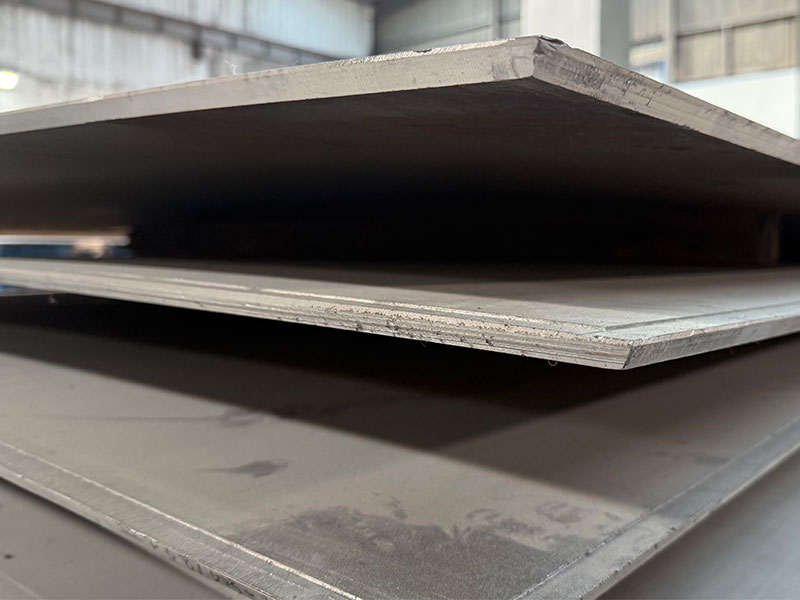
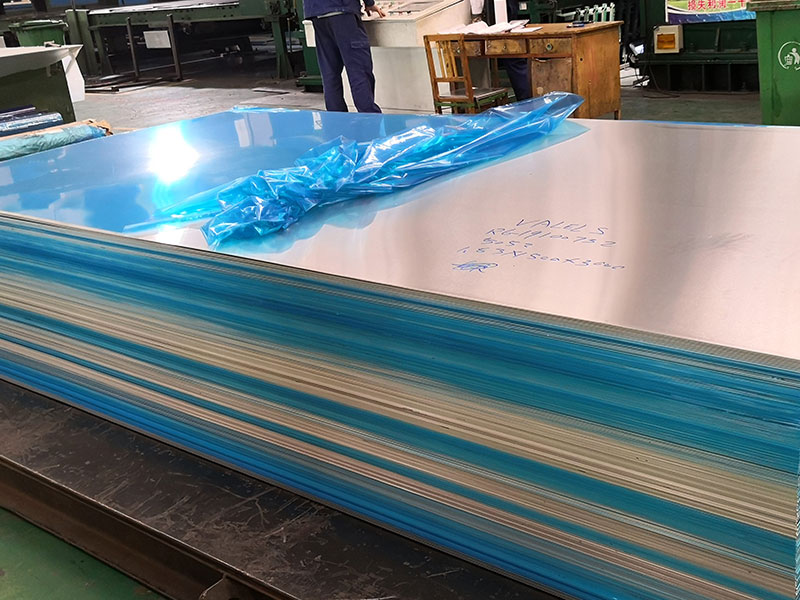
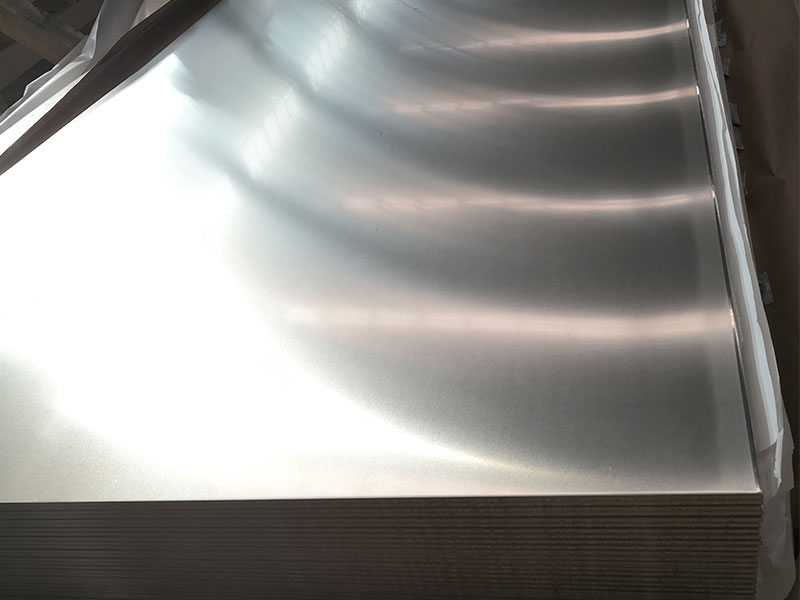
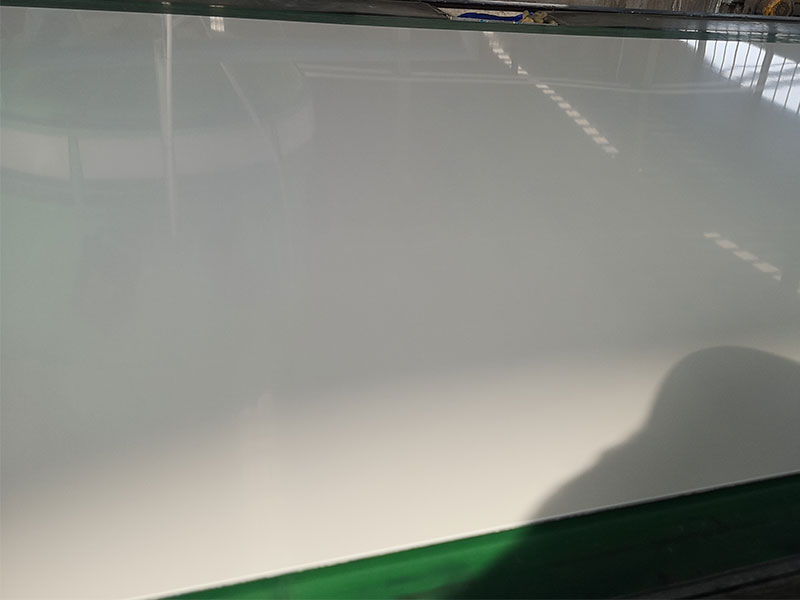
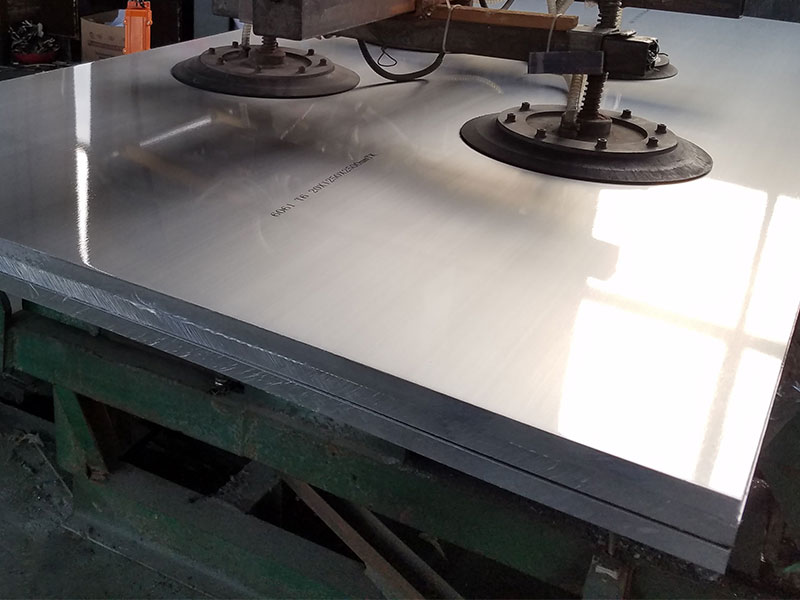
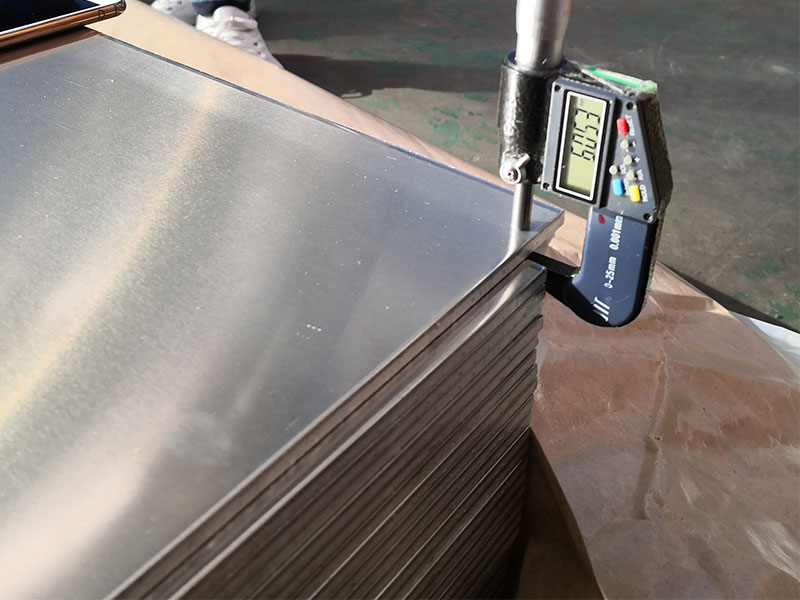






Leave a Message